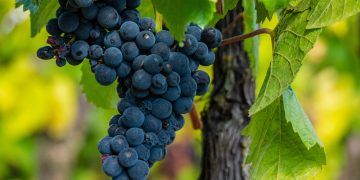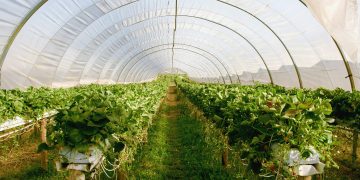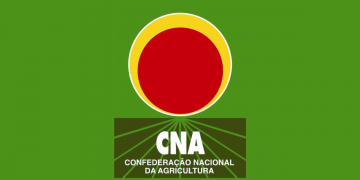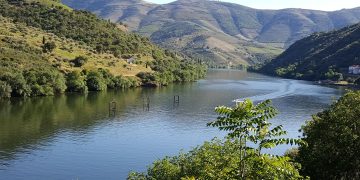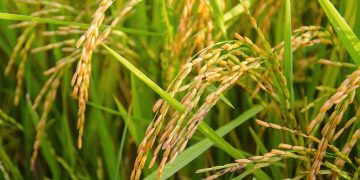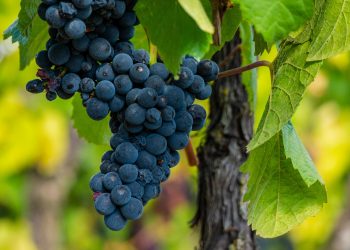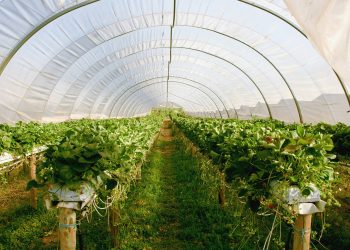New biotechnologies such as de-extinction and cloning could help to bring extinct animals back from the dead and revive millions of endangered species, conservation advocates say.
Ben Novak, who leads a project to revive passenger pigeons that died out in captivity in the 1900’s at Revive and Restore, says the new biotechnologies could also stop the species’ invasive diseases and make it possible for humans to coexist with nature, without necessarily threatening its habitat.
But getting there will require deeper appreciation of these technologies (by the humans) and what they can do to restore nature and lost genetic diversity.
A United Nations report published last month painted a gloomy picture of global biodiversity loss, estimating that more than one million species are on the verge of extinction in part because of human activities such as farming and logging; while another report by Lauretta Burke and others has estimated that almost 90 percent of the world’s coral reefs will die by 2050 if nothing is done.
But these biotechnologies can help.
“De-extinction is one of the most ambitious and awe-inspiring ways scientists are trying to advance biotech for conservation,” says Novak.
But the same basic principles of de-extinction make it possible to recover alleles from the past for bottlenecked populations – reviving extinct genetic diversity within still living species and giving them back their original adaptive potential that has been compromised from human activities, he says.
Then there are other technologies such as CRISPR/Cas systems that have been developed in the past 10 years and are major tools that are making new conservation strategies possible. But one cannot take a genetically engineered or gene-edited (collectively GE) cell in a petri dish and turn it into an organism without an advanced reproductive technology (ART) such as cloning.
Novak says scientists around the world are already using these biotechnologies to advance conservation.
For instance, scientists at the TIGGR Lab at University of Melbourne are using de-extinction to restore the thylacine or Tasmanian tiger. Scientists at the lab also want to create reproductive technologies to help Australia’s endangered marsupials.
But the real success story is at Novak’s Revive and Restore.
Scientists at the US non-profit used frozen cells of a female ferret that died more than 30 years ago to clone a black-footed ferret, named Elizabeth Ann in 2020. Ann is the first ever native endangered species to be cloned in the United States.
Now, the scientists are working to find Ann a suitable mate. If she gives birth, Ann might actually help to revive the species that didn’t have any known living relative in the 1980’s.
Scientists are also using the biotechnologies to facilitate adaptation to disease and climate change, as well as create more effective, scalable, and even humane methods to eradicate invasive populations.
For instance, researchers under a Genetic Biocontrol of Invasive Rodents (GBIRd) program are developing gene drive technologies to eradicate rodents from islands while scientists at Revive and Restore are working to develop a genetically inherited vaccine to Yersinia pestisplague, a disease that prevents the black-footed ferrets’ complete autonomous recovery in the wild.
For coral reefs, scientists are developing a myriad of early detection and monitoring techniques for bleaching events, new cryopreservation methods, and stem cell techniques for regeneration and GE to facilitate adaptation to warming oceans.
Although some critics have said GE and cloning will interfere with nature and de-campaigned the tools, Novak says conservation needs these biotechnologies today more than ever.
“Conservation, is by definition, an interference with nature,” he says. “It is a conscious interference to undo the harms of often unintentional actions, or the intentional actions of past societies that did not understand, recognize, or value nature.”
“The narratives that these technologies will interfere with nature (or aren’t safe) aren’t true and aren’t helping,” says Novak. “They are not suggesting any solutions. They are only wasting time which we don’t have.”
“The truth is millions of species today are endangered and on the verge of extinction because of human activities,” says the scientist. “The human condition is the greatest barrier to helping nature: from simply protecting habitats all the way to contemplating biotechnologies, humanity stands in its own way.”
“The ways we generate food and energy have created an infrastructure that is incompatible with coexistence with nature.”
“(Traditionally) conservationists have saved hundreds of species from the brink of extinction, completely recovered many species, and even built (or rebuilt) habitats from the ground up.
“But it will not be possible to achieve conservation goals without biotechnologies,” says Novak. “Even if we as collective humanity decide to scale down our goals to prevent further extinctions, biotechnology will still be necessary to create any form of sustainable co-existence with natural ecosystems.”
Wendy Craig at the Convention of Biological Diversity, says new biotechnologies were today more relevant when it came to what they can do to solve conservation challenges.
She says more people were increasingly aware of these technologies and the role they could play to solve conservation challenges and save biodiversity.
But scientists and governments needed to engage the public and other stakeholders to build trust in these tools.
“The beauty of technology is that it can make it possible for us to achieve coexistence with nature while still attaining the futuristic quality of life we imagine in the best of optimistic ‘science fiction’ books, television, and movies,” says Novak.
“We could have a planet with huge populations of megafauna, vast continent-wide tracts of wilderness – all with incredible cities and transport ways, even a few boutique farms here and there sustaining ways of life that have been important to most cultures for tens of thousands of years.”
But getting there will require overcoming “our divisions as a global community, and letting go of our knee-jerk reactions of fear when it comes to change and find common ground in our rooted values of nature and have dialogue rooted in knowledge, science, and evidence.”
“We must stop fretting the ‘unintended consequences’ of our actions, recognize the devastating consequences of inaction, and act responsibly and swiftly to achieve intended consequences,” says Novak.
O artigo foi publicado originalmente em Cornell Alliance for Science.


